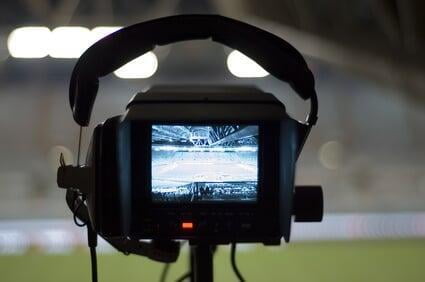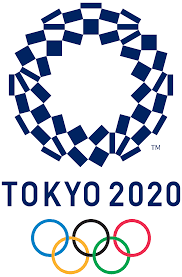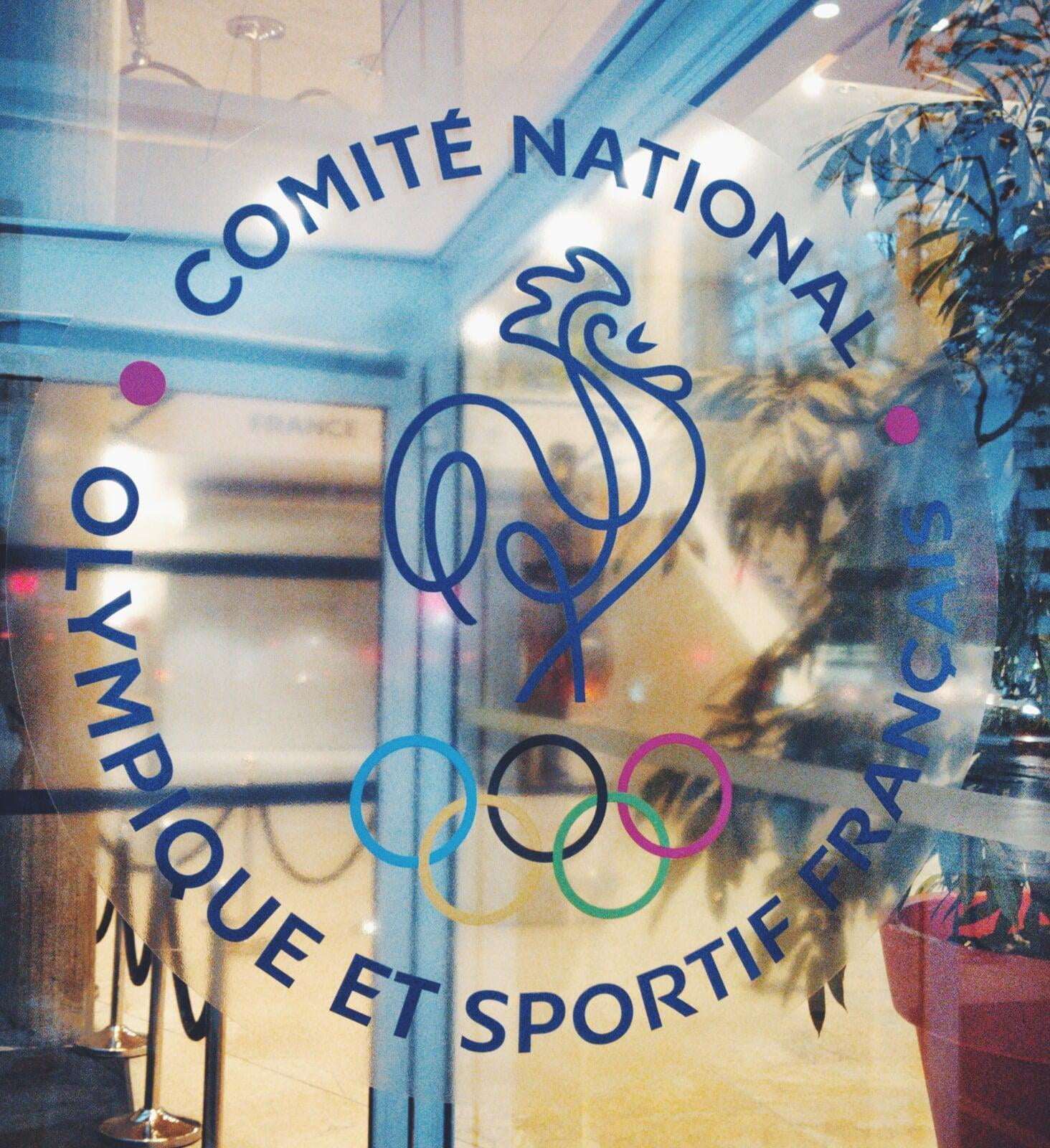In view of the Tokyo 2020 Games, the Executive Board of the International Olympic Committee has established the “ Fundamental principles »Allowing athletes to exploit their names, images or sports performances for advertising purposes. In France, the implementation of these fundamental principles is the responsibility of the French National Olympic Sports Committee. [Part 2]
The fundamental principles for the implementation of Rule 40 of the Olympic Charter by the IOC
Rule 40 and its application texts apply to all uses of the name and image of participants for commercial purposes and on social networks. This concerns all athletes, coaches, trainers and officials participating in the Olympic Games Tokyo 2020.
The Executive Board of the International Olympic Committee (“IOC”) has established Fundamental principles for the implementation of point 3 of the text of application of article 40 of the Olympic Charter.
The document presenting the fundamental principles states that: “ All participants are allowed to promote their sponsors (...) during the Games period [Olympic] " and : " all sponsors are allowed to use participant images (including Olympic partners and non-Olympic partners) ».
These new principles are directly inspired by the Athlete's Declaration of Rights and Responsibilities, a historical document developed " by athletes for athletes following a broad, global consultation process reflecting the athlete's perspective ". This declaration was adopted on 8 and 9 October 2018 by the IOC during its 133rd Session in Buenos Aires.
This Declaration intends in particular "promote the ability and opportunity of athletes to: (...) take advantage of the opportunities available to them to generate income related to their athletic career, name and image, while respecting property rights intellectual and other, the rules of the events in question, the regulations of sports organizations as well as the Olympic Charter"(I.5) And "encourages athletes to respect the principle of solidarity of the Olympic Movement, which allows assistance and support to athletes and members of the Olympic Movement "(II.6).
Thus, according to the IOC Executive Board, “all participants are allowed to promote their sponsors and all sponsors are allowed to use the participant images during the games period in accordance with the principles [fundamental] ". However, it distinguishes the rights of Olympic and non-Olympic partners.
The scope of the rights of Olympic partners
Olympic partners are the brands or companies that have signed sponsorship or license contracts for official products with the IOC, the Organizing Committee for the Olympic Games (“OCOG”), the Tokyo 2020 Olympic Games, a National Olympic Committee (“NOC”) and the official Olympic broadcasters to which the IOC has granted the broadcasting rights for Tokyo 2020 (TOP Program [cf. Part 1].
They can communicate using the Olympic properties throughout the year, including during the period of the Olympic Games, in accordance with the authorizations and modalities defined contractually with the IOC and the NOC concerned, if applicable.
Olympic partners can also sign personal contracts with participants. They may use their image for advertising purposes and broadcast congratulatory advertising images during the period of the Olympic Games subject to compliance with the validation of the advertising campaign and compliance with the contract between the partner and the relevant Olympic organization (IOC , OCOG, CNO).
Limitation of the rights of non-Olympic partners
Non-Olympic partners, which are brands, companies or other organizations that are not Olympic partners, logically benefit from fewer rights than Olympic partners. They can sign a personal contract with a participant and are free to use their image outside of the Olympic Games period if they are not using the Olympic properties.
During the period of the Olympic Games, their prerogatives are even more limited. They are authorized to maintain their advertising campaigns using the image of athletes, provided they meet the definition of “generic campaign”. Generic advertising designating any corporate or brand advertising:
- whose only link with the Olympic Games, the IOC, Tokyo 2020 and / or the CNOSF and / or Paris 2024 is that the said advertisement uses the image of a participant,
- that was already broadcast at least 90 days before the Olympic Games period (i.e. before April 15, 2021), and
- whose circulation is regular and does not increase considerably during the period of the Olympic Games.
Also, the use of the image of the participants for advertising purposes is conditional on obtaining their consent, compliance with the policies of the IOC (and the NOC concerned), the non-use of any Olympic property, but also communication of the publicity plan to the IOC or NOC concerned for information before May 15, 2021.
Institutional partners (non-Olympic), i.e. local authorities and public institutions, can send simple messages of congratulations without using Olympic properties or association with an Olympic partner, within the limit of a message from encouragement and a congratulatory message per participant.
Preserving the rights of participants to take advantage of the opportunities offered to them to generate income in relation to their sports career, their name and their image
Throughout the year and outside the period of the Olympic Games, the participant may freely use his personal image and name with non-Olympic personal partners, subject to not using Olympic property.
If participants can, during the olympics, freely use their personal image and name within the framework of personal sponsorship agreements with Olympic partners (with certain reservations), they see their rights limited with non-Olympic partners.
In fact, participants can only post one thank you message per non-Olympic partner, and without using Olympic properties (the same message can be shared on several different social networks).
On the other hand, all thank you messages to a partner (Olympic or not) must respect the following conditions:
- not state, explicitly or implicitly, that a particular product or service has contributed to improving the participant's performance;
- not display personal support for a particular product or service;
- respect the policies of the IOC, the NOC concerned and Paris 2024 which define the activities incompatible with the values of the Olympic Movement.
The application and control of the respect of the fundamental principles by the French delegation of the CNOSF
Each NOC is responsible for the implementation of these principles on its territory (Art. 27 of the Olympic Charter). In France, the implementation of these fundamental principles is therefore the responsibility of the French National Olympic Sports Committee (“CNOSF”) (Art.2 of the CNOSF Statutes).
The latter published in this regard a explicative note (in January 2020) and a application guide (in April 2021) which resume the application of the rules of article 40 in France.
In order to ensure a fair application by the participants of the French delegation of the rule 40 of the Olympic Charter during the Tokyo 2020 Olympic Games, an ad hoc Commission was set up by the CNOSF, the Rule 40 Enforcement Commission.
The Commission, composed of 5 members, including 2 representatives of the athletes, a president and qualified members appointed by the CNOSF, rules in accordance with the Olympic Charter and in particular Rule 40 and the CNOSF application directives in force, applicable regulations and general principles of French law (adversarial principle, right of defense, etc.).
This Commission may, in the event of non-compliance with the application system above, impose the following sanctions: " a warning, exclusion from the village, withdrawal of accreditation, reimbursement by the participant of expenses incurred by the delegation for his participation in the Games and / or financial penalties ».
The commercial exploitation by the Olympic sportsman of his name, his image and his sports performances must therefore comply "the principles determined by the IOC Executive Board".
La part 1 of this article reminds the evolution of article 40 of the Olympic Charter which enshrined the right for athletes to commercially exploit their name, image and sports performance.
On the same theme, see the following articles:
[12.10.2014]








